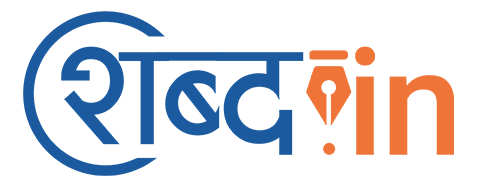Academic self-publishing is the process of researchers and scholars independently publishing their academic work, such as research papers, articles, books, or other scholarly content, without relying on traditional academic publishers. It involves taking on the roles of author, editor, and publisher to make the work publicly available.
Here are some key aspects and considerations related to academic self-publishing:
1- Content Creation:
Academic self-publishing begins with the creation of original research or scholarly content. This can include empirical studies, theoretical analyses, literature reviews, or any other form of academic work.
2- Editing and Peer Review:
While self-publishing allows for more control over the publishing process, it’s important to ensure high-quality content. Authors can engage in self-editing or seek peer review from colleagues or experts in the field to maintain academic rigor.
3- Formatting and Design:
Authors are responsible for formatting their work according to academic standards and ensuring proper citation and referencing. They may also choose to invest in professional design services to enhance the visual appeal and readability of their publications.
4- Copyright Considerations:
Authors retain full copyright over their self-published academic work, allowing them to control its distribution and usage. They can choose to release their work under a Creative Commons license or any other terms they deem appropriate.
5- Choosing a Publishing Platform:
Several platforms and tools exist for self-publishing academic work. These can include personal websites, open access repositories, e-book platforms, or even self-publishing services tailored to academic authors. The choice of platform should align with the author’s goals, target audience, and desired reach.
6- Promotion and Distribution:
Authors need to actively promote and distribute their self-published work to ensure visibility and accessibility. This can involve utilizing social media, academic networks, relevant mailing lists, or collaborating with institutions or organizations interested in the topic.
7- Impact and Recognition:
Self-published academic work may face challenges in terms of recognition and impact evaluation, as it may not undergo traditional peer review processes. However, authors can still aim to gain visibility and impact through citations, references in other scholarly works, or engagement with the academic community.
It’s important to note that self-publishing academic work is a relatively new and evolving practice. The level of acceptance and recognition may vary across disciplines and institutions. Therefore, authors should consider their specific academic field, career goals, and the expectations of their target audience when deciding whether self-publishing is the most appropriate avenue for their research.
